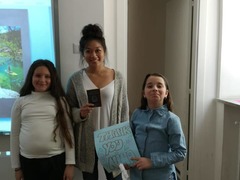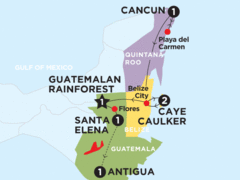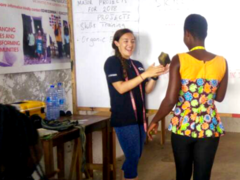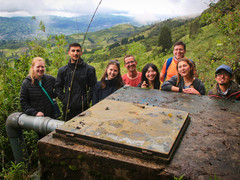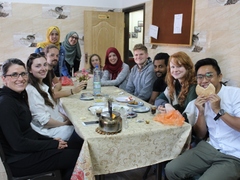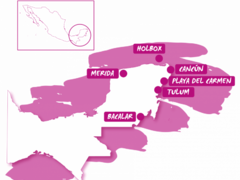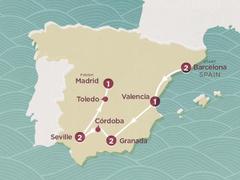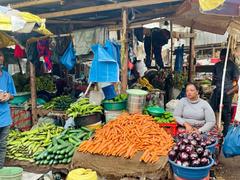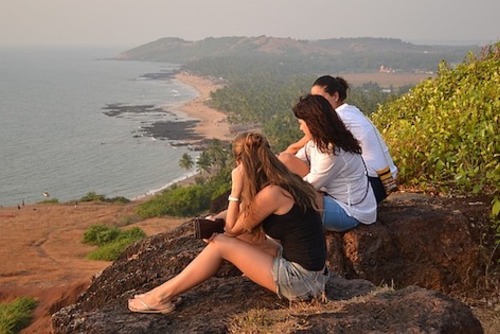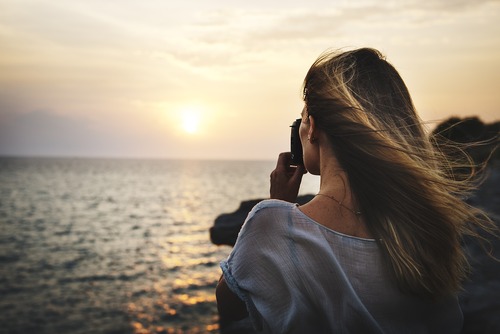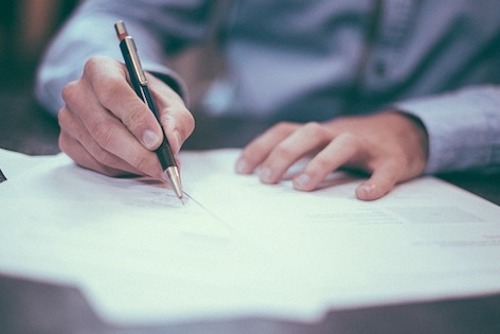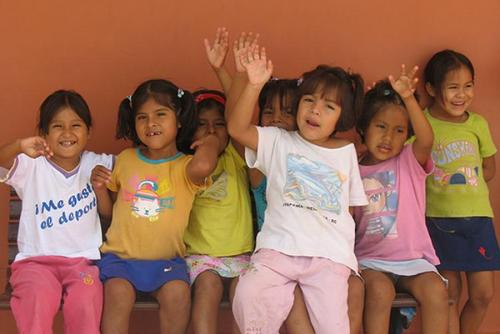Proyecto Amigo started 23 years ago in the Andes of Northen Peru, as a recreational and educational center for children coming from disadvantaged environments, extending its work to other areas along the years, such as: gender equality and domestic violence, environmental protection and human rights connected to the political violance, caused by the internal war.
Proyecto Amigo seeks to contribute to building a society where men and women alike share the same rights and benefits, such as: social justice, equality, freedom, solidarity.
Every year, our family is growing and more and more international volunteers are entering into our lives in Proyecto Amigo. Their contribution is very valuable to our organization and, more importantly, to the people from the city of Huamachuco. They are supporting children in their afterschool lessons, playing games with them, helping in our bakery, making videos or campaigns and many other things.
They go back home with a memory full of smiling faces, funny stories to share, Peruvian street music and sometimes “aha!” moments! We don’t promise you that your experience here will always be an easygoing one but we can assure you that the adventure is worthwhile!
Why “Proyecto Amigo"?
Peru is a country of abundant natural resources and rich culture. Despite this, over half of the population live in poverty. Social discrimination and inequality are widespread. The reasons for this can be found in the country’s turbulent history of Spanish colonialism, a series of autocratic governments and a civil war in which nearly 70,000 people died, just to name a few, but, also in the present decisional and administration systems and social structures and mentalities.
The area of the mountains, the Andes, are confronted with special issues. One of the biggest problem is the forced and child labour. One of the primary factors for this practice is poverty, from which approximately 60% of Peruvian children suffer. Proyecto Amigo was born to support these children in gaining their rights to a decent life standards, to education and to equality.
Our educators are regularly visiting the homes of NATs to ensure that their rights and needs are respected. They are also documenting their health, hygiene, nutrition and social networks. We also provide education for them inside our programme called "Escuelitas Comunitarias" where we fight with analfabestism, offering free classes of math and communication. We support more than 500 children every week!
Other equally important problem is: inequality for the indigenous communities, that have known a history of social and economical discrimination and political marginalization. These communities are, most of the time, formed from people living in the rural area, that often don’t have access to any form of healthcare, that are living in poverty and have lower levels of education. For recognizing the social, economical and cultural value of the people from rural area, Proyecto Amigo started a series of projects and initiatives, such as trainign courses and campaigns.
Sexism, gender inequality, domestic violence and sexual abuse can be added to the list of issues our community is facing. Although women represent half of the population of Peru, they do not have equal access to resources or power. For example, girls and women are well behind boys in educational terms; in rural areas, 33.7 % of women are illiterate, against 10.9% of men. Peru is making also in the top of the world countries where domestic abuse and violence towards women are happening.
Proyecto Amigo is trying bring a change in these issues, to work on gender equality by initiating campaigns, offering sexual education workshops, creating a network of independent women.
We are active in human rights field and we act as the regional office for human rights and also as regional coordinator of "Para que no se repite" social movement. The movement aims to bring light regarding the murders and the political violence that took place in Peru, between 1980 and 2000. We have our own memorial space dedicated to the victims of the civil war, we offer assistance to the families, but also we organise educational workshops and trainings with children and youth about discrimination and political violence.

